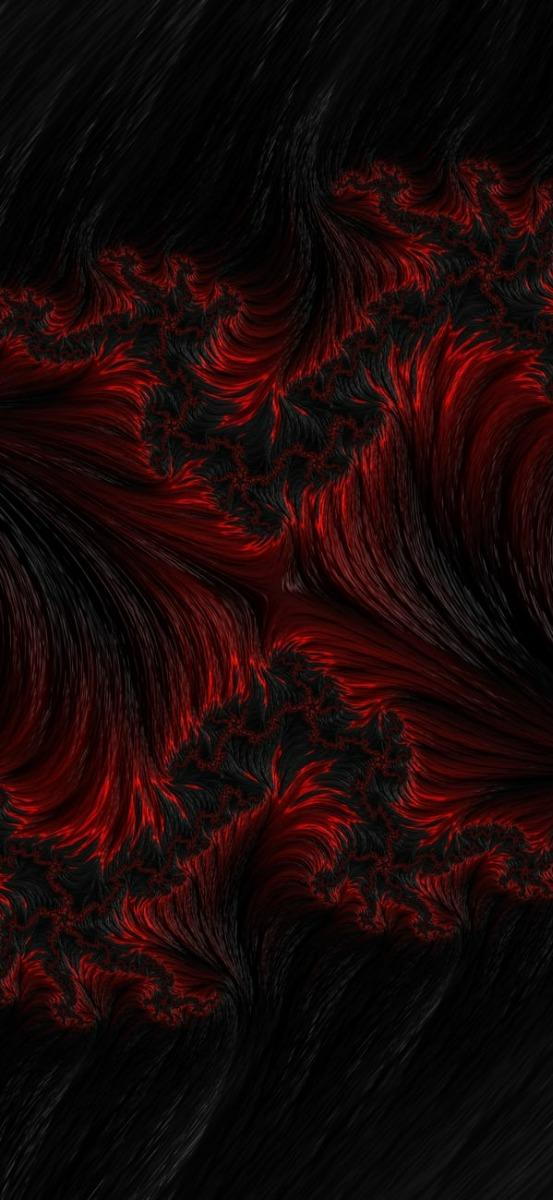My blog was selected by Feedspot as among the
top 100 psychoyherapy blogs on the web
Are religious beliefs delusional?
posted: Mar. 01, 2022.

Hood, Hill, and Spilka (2018) explained that people that have a serious mental illness and are delusional, may believe that they are God’s chosen. The discussion included exploring a mental pathology with expressions of religious thought and behavior known as scrupulosity. The disorder includes chronic worry about performing religious rituals. These individuals may not feel secure in the world and may have an intense fear of having attracted negative karma and think of the idea of hell as a place to be feared. Stark( 1971) undertook a study in which 100 mentally disturbed individuals were matched with 100 non-emotionally disturbed individuals in light of several religious items, the findings indicated that the individuals that were mentally disturbed seemed to show less religious involvement than the sample made up of non-disturbed individuals. At one time in the history of psychology, religiosity was associated with pathology (Stark 1971). Later studies explored the distinction between conceptualizing religion as a culture and religiosity as a pathology as observed by Ng( 2007).
This study undertaken by Stark (1097) seemed to point to the idea that religious experience is not associated with the expression of psychopathology. The Protestants and Catholics drawn from another sample, had low scores related to psychic difficulties and a greater likelihood of being religious and attending church more frequently than the sample that did have psychic disturbance. Stark (1971) contended that there was no association between psychopathology and religion or a religious commitment. The studies at that time seem to move away from the idea that psychopathology and religious experience were related. In his research, Stark (1971) pointed out that historically religiousness was associated with pathology or that it stemmed from emotional states that were disturbed in nature .In another study, investigating the link between psychosis and religion, Ng (2007) focused on religious experiences and the process of the development of religious psychic symptoms as well as the implications that arise in the assessment of religious delusions. In the study, the distinction was made between viewing religion as part of a culture and religiousness, or religiosity as a form of pathology.
The study proposed the presence of functional disturbance of the limbic system that generates psychotic symptoms of a religious nature.
References
Hood, R.W., Hill, P.C. & Spilka, B (2018). The psychology of religion: An empirical approach. (5th edition). Guilford Press.
Stark, R. (1971). Psychopathology and religious commitment. Review of Religious Research, 165-176.
Ng, F. (2007). The interface between religion and psychosis. Australasian Psychiatry, 15(1), 62-66.
